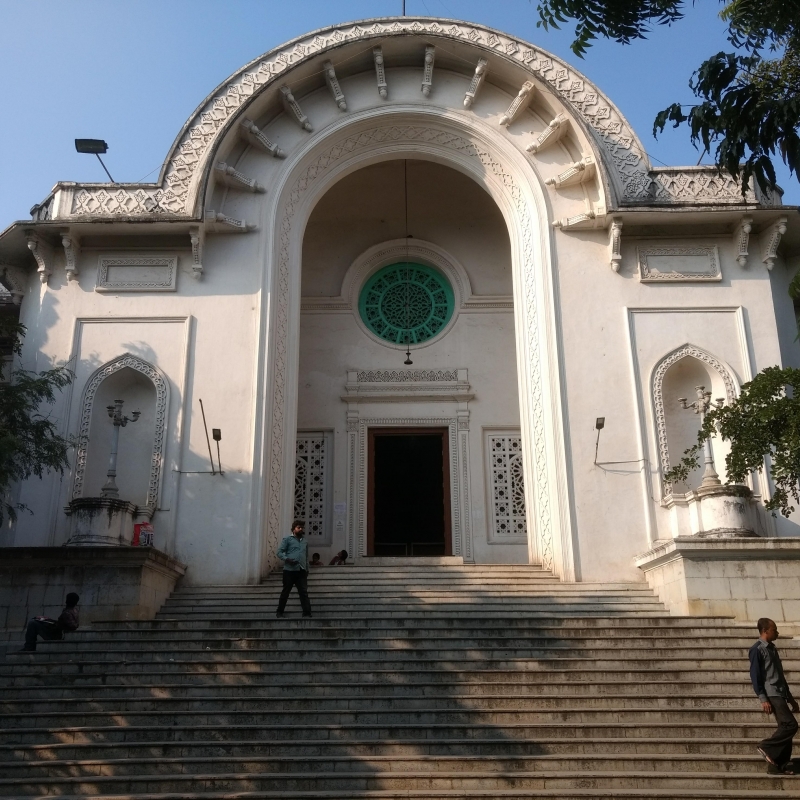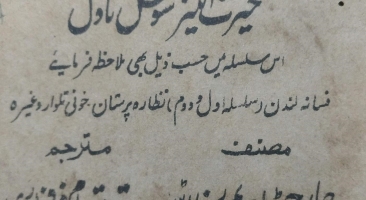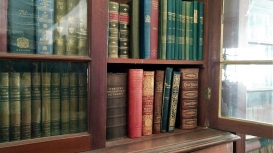Until the mid-twentieth century, Hyderabad city was home to a number of big and small libraries, some of them dating from the mid-nineteenth century. With the demise of the princely state of Hyderabad—of which the city was capital and main urban centre—both prized private collections and the state of public libraries became part of a hidden heritage that only a handful of experts, archivists, enthusiasts and a dwindling number of local users know about. This project brings together some of the older and better known institutions—such as the old Asafia Library, now the State Central Library at Afzalganj or the Aiwan-e-Urdu—with lesser known and privately tended institutions like the Bharat Gunavardhak Samstha library. Their collections include old manuscripts in Persian, Urdu, Arabic and Sanskrit to printed material in these and other languages native to Hyderabad. Each library has some unique material, often reflecting the taste—and sometimes political concerns—of the individuals whose private collections formed the nucleus of the institution. Most are to be found in the Old City of Hyderabad and its environs, tended by individuals, communities or, in some cases, private organisations and local government.
Ten libraries are documented in this module, and they have been chosen to reflect the range of institutions that historically housed books in Hyderabad and continue to do so in spite of overwhelming odds. The module focuses on the unique historical aspects of these institutions and their current state of functioning, showing how they are central to the city’s modern history and cultural ethos.



